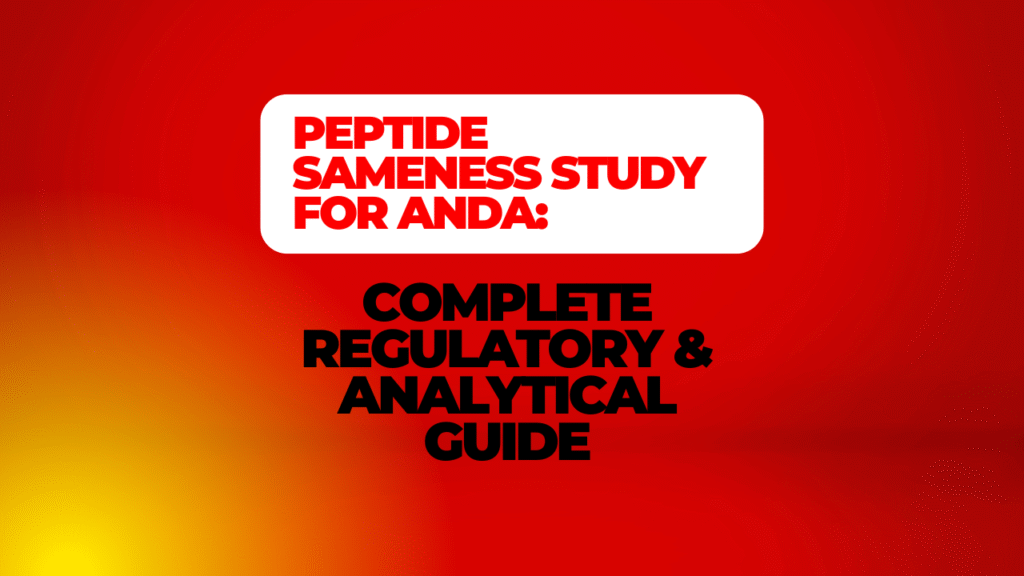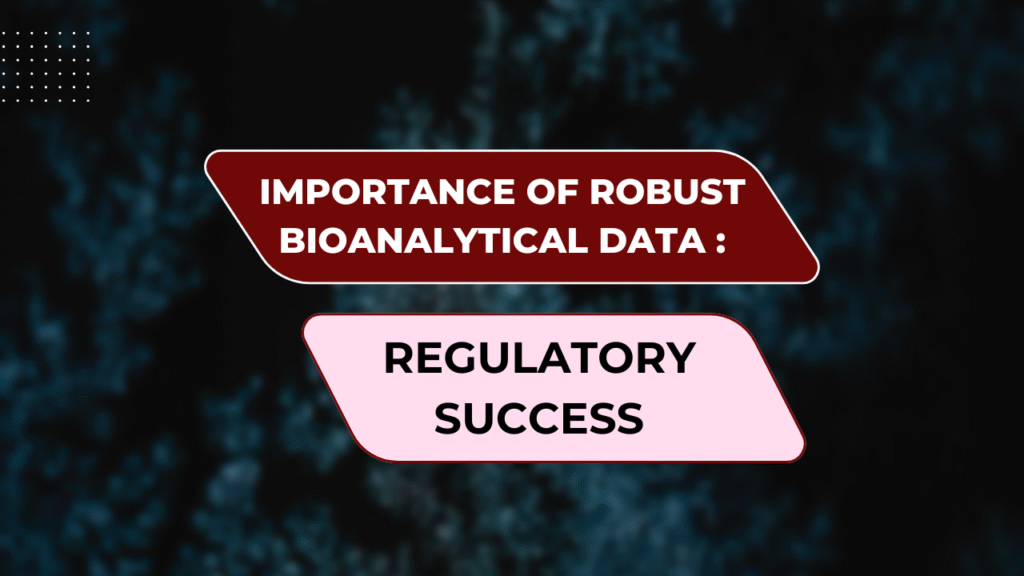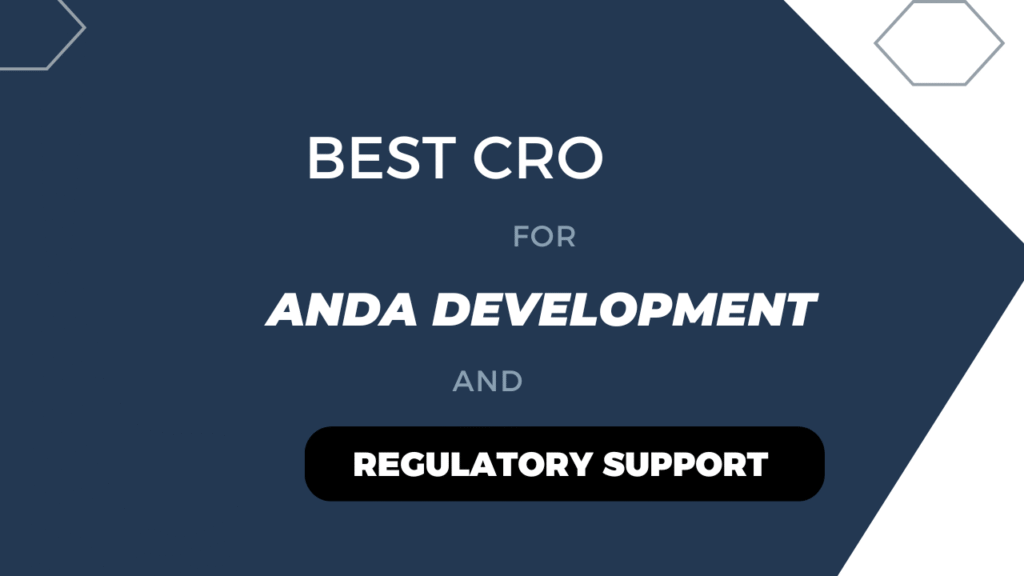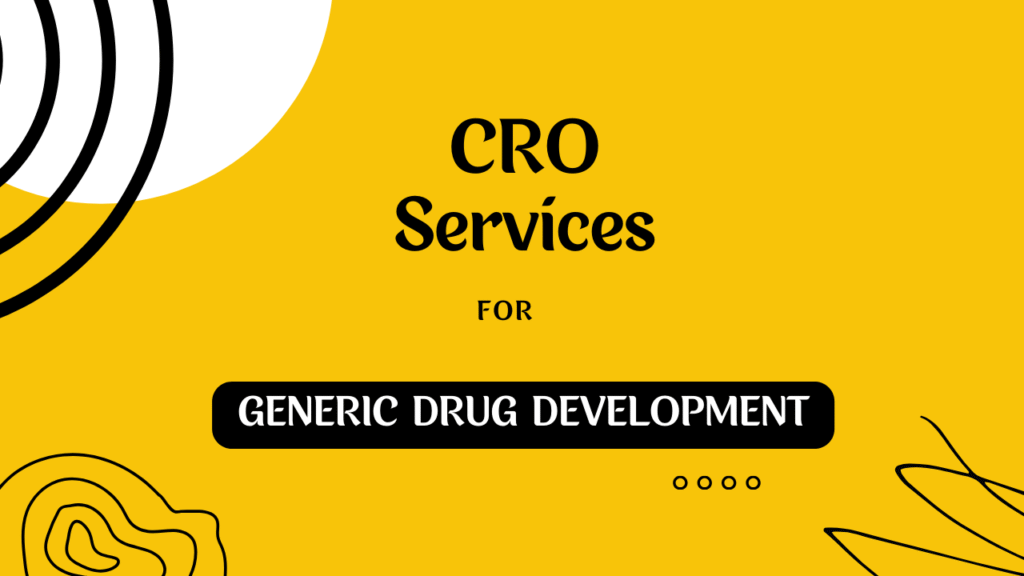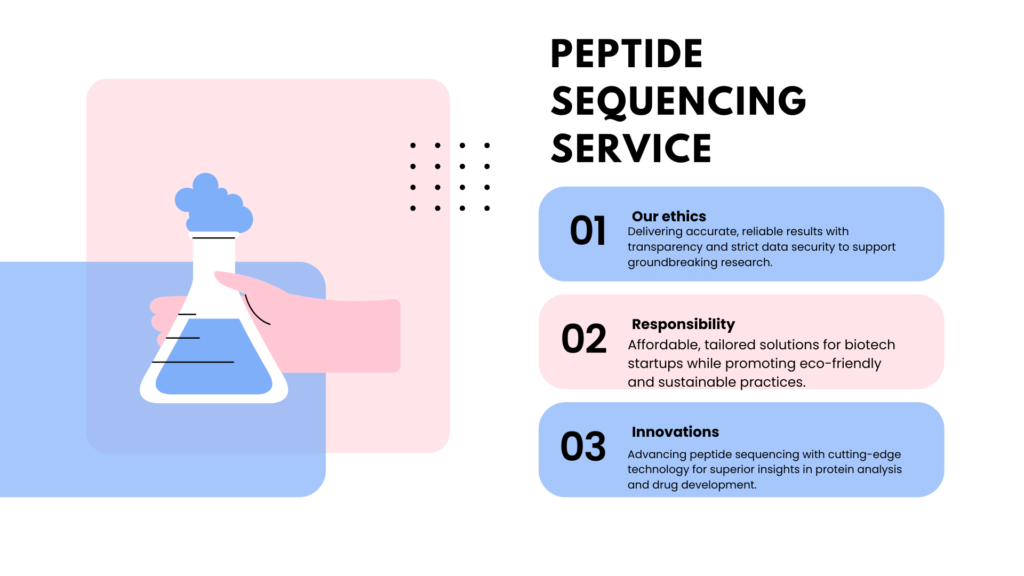
Introduction
Peptide sequencing is a foundational tool in modern biotechnology, enabling advancements across fields such as drug discovery, proteomics, and diagnostics. For small biotech companies—often at the forefront of niche innovations but constrained by limited budgets—access to high-quality peptide sequencing services is both a challenge and a necessity. This blog delves into affordable peptide sequencing solutions in the United States, exploring why sequencing is essential, the barriers small biotechs face, and how to overcome these hurdles with cost-effective approaches and reliable service providers.
Why Peptide Sequencing Matters
Defining Peptide Sequencing
Peptide sequencing involves determining the amino acid sequence within a peptide, unlocking crucial information about its structure and functionality. This knowledge is integral to understanding proteins, developing therapeutics, and identifying biomarkers. High-resolution techniques like tandem mass spectrometry (MS/MS) and Edman degradation dominate this field, offering unparalleled precision and reliability.
Applications in Biotechnology
Small biotech companies rely on peptide sequencing for a variety of purposes, including:
- Drug Development: Designing therapeutic peptides or optimizing peptide-based drugs.
- Diagnostics: Identifying disease biomarkers for early detection and monitoring.
- Proteomics Research: Exploring protein-protein interactions and their roles in biological processes.
- Quality Control: Ensuring the consistency and purity of biologics during manufacturing.
For small biotechs, peptide sequencing provides the scientific foundation to innovate and compete in a rapidly evolving industry.
Challenges Faced by Small Biotechs in Peptide Sequencing
1. High Costs of Sequencing Technologies
Advanced peptide sequencing methods such as LC-MS/MS and MALDI-TOF/TOF require sophisticated instrumentation and expertise, leading to significant costs. Small companies often struggle to justify these expenditures, particularly for early-stage projects.
2. Limited In-House Expertise and Infrastructure
Building and maintaining an in-house peptide sequencing setup demands specialized knowledge and ongoing operational expenses. Small biotechs frequently lack the resources to support such facilities.
3. Scalability Issues
Many sequencing providers focus on large-scale projects, leaving smaller biotechs with limited access to customized, affordable solutions for low-volume requirements.
4. Long Turnaround Times
In an industry driven by rapid innovation, delays in sequencing results can hinder project timelines, affecting competitiveness.
Affordable Solutions for Peptide Sequencing
1. Outsourcing to Specialized Providers
Contract research organizations (CROs) such as ResolveMass Laboratories Inc. offer a practical alternative for small biotechs. By outsourcing peptide sequencing, companies can:
- Access state-of-the-art technologies without investing in expensive equipment.
- Leverage the expertise of trained professionals for reliable results.
- Choose flexible pricing plans tailored to their project scope.
2. Optimizing Experimental Design
Streamlining sample preparation and data analysis can reduce redundancy and waste, ultimately saving costs. Strategies include:
- Using pre-validated sample kits to minimize variability.
- Implementing automated data processing workflows to accelerate analysis.
3. Collaborating with Academic Institutions
Many universities and research institutions in the United States offer peptide sequencing services at lower costs, often as part of collaborative research agreements. These partnerships can provide small biotechs with access to advanced capabilities.
4. Leveraging Funding Opportunities
Small biotechs can apply for grants and funding from organizations such as the National Institutes of Health (NIH) and Small Business Innovation Research (SBIR) programs. These resources can offset peptide sequencing expenses, enabling innovation on a budget.
Key Features of Affordable Peptide Sequencing Services
To meet the unique needs of small biotechs, affordable sequencing services should prioritize:
1. High Sensitivity and Accuracy
Precision in detecting amino acid sequences, post-translational modifications (PTMs), and disulfide bonds is essential for reliable results.
2. Customizable Solutions
Tailored approaches for small-scale projects ensure biotechs only pay for what they need, avoiding unnecessary costs.
3. Fast Turnaround Times
Quick sequencing results enable small biotechs to accelerate their R&D timelines and remain competitive in the market.
4. Regulatory Compliance
Adherence to guidelines set by the FDA, EMA, and ICH ensures results meet industry standards for clinical and research applications.
Why Choose ResolveMass Laboratories Inc. for Peptide Sequencing?
At ResolveMass Laboratories Inc., we understand the unique challenges faced by small biotechs and are committed to providing affordable, high-quality peptide sequencing services in the United States. Here’s why we’re the partner of choice:
- Advanced Technologies: Our LC-MS/MS platforms deliver unparalleled sensitivity and accuracy, even for complex samples.
- Cost-Effective Pricing: Flexible pricing models cater to small-scale projects without compromising quality.
- Expert Team: A dedicated group of scientists provides guidance at every stage, from sample preparation to final analysis.
- Comprehensive Support: End-to-end services include consultation, sequencing, and data interpretation tailored to your specific needs.
- Focus on Small Biotechs: We specialize in affordable solutions designed for companies operating on tight budgets.
Applications of Peptide Sequencing for Small Biotechs
1. Biomarker Discovery
Accurate peptide sequencing aids in identifying biomarkers linked to specific diseases, paving the way for innovative diagnostic tools.
2. Therapeutic Peptides Development
Peptide-based therapeutics are gaining traction in the biotech industry. Sequencing enables small biotechs to design peptides with enhanced efficacy and stability.
3. Characterization of Biologics
Peptide mapping is crucial for the development of biosimilars, ensuring consistency and compliance with regulatory standards.
4. Epitope Mapping
For small biotechs involved in immunotherapy, peptide sequencing supports the identification of epitopes that can trigger desired immune responses.
5. Proteomics Research
Understanding protein interactions through peptide sequencing provides insights into cellular processes and disease mechanisms.
Future Trends in Affordable Peptide Sequencing
Emerging technologies and innovations are reshaping the peptide sequencing landscape, making it more accessible and cost-effective for small biotechs. Key trends include:
1. Single-Molecule Real-Time (SMRT) Sequencing
SMRT technology promises higher accuracy and the ability to sequence complex peptides with minimal errors.
2. Next-Generation Mass Spectrometry
Advances in mass spectrometry are enhancing sensitivity and throughput, reducing costs for smaller-scale projects.
3. AI-Driven Data Analysis
Artificial intelligence simplifies data interpretation, accelerating turnaround times and reducing labor costs.
4. Increased Availability of CRO Services
The growing number of CROs offering affordable solutions ensures small biotechs have access to high-quality services tailored to their needs.
Conclusion
Affordable peptide sequencing is no longer out of reach for small biotechs in the United States. With service providers like ResolveMass Laboratories Inc., companies can access high-quality, cost-effective solutions tailored to their unique needs. By leveraging the latest technologies and strategic partnerships, small biotechs can accelerate innovation, enhance competitiveness, and make significant contributions to the biotech industry. Contact us today to learn more about how ResolveMass Laboratories Inc. can support your peptide sequencing projects!
References
- Hunt DF, Yates JR, et al. “Protein sequencing by tandem mass spectrometry.” Proc Natl Acad Sci USA. DOI: 10.1073/pnas.83.17.6233
- Aebersold R, Mann M. “Mass spectrometry-based proteomics.” Nature. DOI: 10.1038/nature01511
- Steen H, Mann M. “The ABC’s of peptide sequencing.” Mol Cell Proteomics. DOI: 10.1074/mcp.M300031-MCP200
Peptide Sameness Study Services in Canada
Introduction: Peptide Sameness Study Services in Canada are essential for pharmaceutical companies seeking regulatory approval…
Complete Guide to Peptide Sameness Study for ANDA Submission
Introduction: A Peptide Sameness Study for ANDA is one of the most critical scientific requirements…
The Importance of Robust Bioanalytical Data for Regulatory Success
Introduction: Robust Bioanalytical Data is the foundation of regulatory success in drug development. Without accurate,…
Best CRO for ANDA Development and Regulatory Support
Introduction Selecting the Best CRO for ANDA Development and Regulatory Support is a strategic decision…
Why Pharmaceutical Companies Outsource Generic Projects to CROs
Introduction Outsourcing Generic Projects to CROs is now a core strategy for pharmaceutical companies operating…
Top CRO Services Required for Generic Drug Development
Introduction In today’s highly competitive pharmaceutical market, CRO Services for Generic Drug Development go far…

